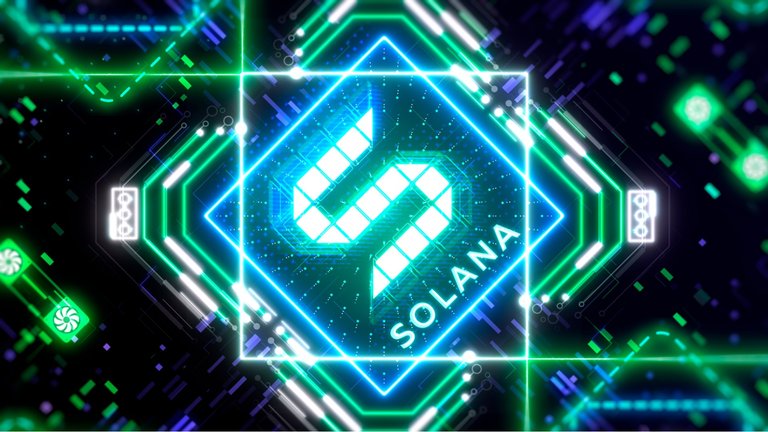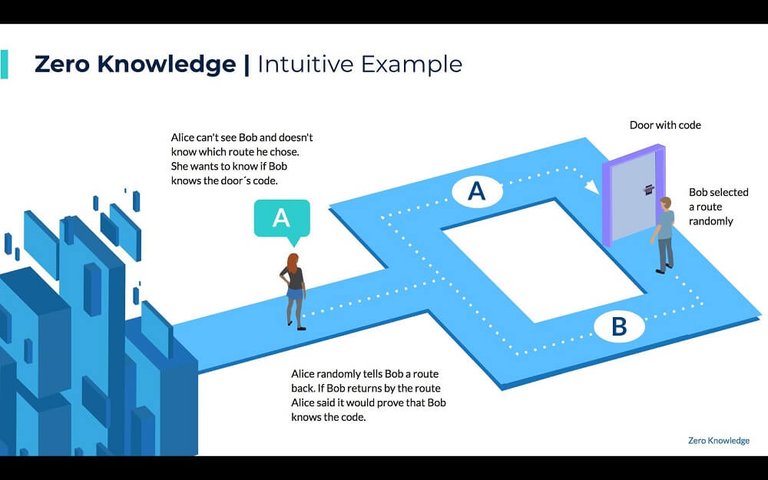Solana and new token extension

The Solana Foundation has introduced new "token extensions" as part of the evolution of Solana Program Library (SPL) tokens on the Solana blockchain. These token extensions set a new standard for SPL tokens, offering enhanced functionalities comparable to Ethereum's ERC-20 token standard.
In an official press release, the Solana Foundation announced the launch of these token extensions, specifically designed to "meet the needs of developers across various sectors," including payments, stablecoins, and real-world assets (RWAs). Described as the "next generation" of SPL Token standards, these extensions provide similar controls to authorized blockchain environments, unlocking new possibilities for businesses, institutions, and developers.
The primary goal is to facilitate companies in transitioning to on-chain operations while ensuring security, compliance with regulations, and simplified services within the Solana network. Token extensions introduce various use cases, such as advanced token interactions, transfer fees for each exchanged token, and privacy-enhanced transfers powered by zero-knowledge proofs (ZKPs).

Solana Labs sees these token extensions as a way to leverage features that make Solana an appealing platform for developers. The integrated experience of Solana for developers and users is highlighted, emphasizing its potential for creating diverse applications using these token extensions.
These extensions aim to provide security controls and compliance similar to authorized blockchain environments but with significantly reduced design times. The introduction of these tools contributes to the growth and health of the Solana ecosystem, improving the overall developer experience. They offer features such as transfer fees, confidential transfers, permanent delegation authority, and non-transferability.
Transfer fees open up new earning models, allowing charges for each token transfer. Confidential transfers use zero-knowledge proofs to enhance privacy, while permanent delegation authority provides absolute control, particularly beneficial for tokens requiring revocation capabilities. Non-transferability limits token transfers, ensuring permissions only to the issuer, valuable for credentialing and unique user identification.

Solana's token extensions provide developers across various sectors, including stablecoins, real-world assets (RWAs), and payments, with a flexible and powerful framework for creating sophisticated interactions with tokens. The Solana Foundation aims to simplify compliance processes for enterprises, enabling responsible adoption of blockchain technology in line with internal compliance frameworks.
Major names in the crypto space, including Paxos and GMO-Z.com Trust Company, have been among the first to leverage these token extensions to issue stablecoins on the Solana blockchain. Paxos extended stablecoin issuance to Solana on December 22, while GMO Trust launched the first stablecoin anchored to the Japanese yen and its US dollar stablecoin on the Solana network.
Token extensions enable companies to innovate while maintaining compliance, reflecting Solana's commitment to providing an integrated experience for developers and users. Sheraz Shere, Head of Payments at the Solana Foundation, stated that the Solana network is the preferred blockchain for enterprise-level companies entering the Web3 space.

Companies like Visa, WorldPay, Stripe, Google, and Shopify have already witnessed performance benefits. As one of the highest-gaining cryptocurrencies in 2023, Solana has attracted interest from investors worldwide. The token extensions introduced by the Solana Foundation contribute to expanding the adoption possibilities of blockchain by enterprises, enabling crucial functionalities for regulated large businesses.
!discovery 20
This post was shared and voted inside the discord by the curators team of discovery-it
Join our Community and follow our Curation Trail
Discovery-it is also a Witness, vote for us here
Delegate to us for passive income. Check our 80% fee-back Program